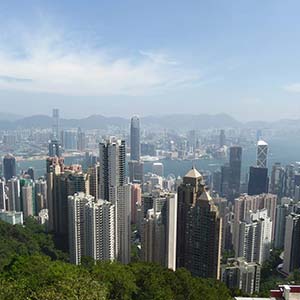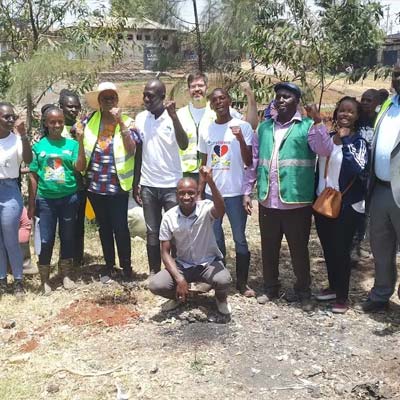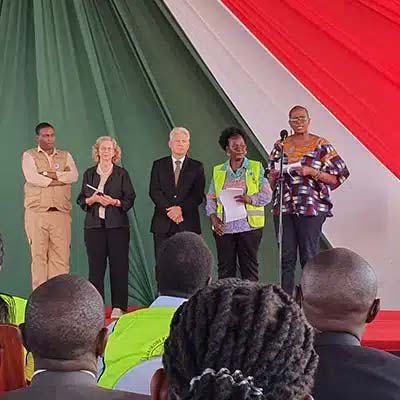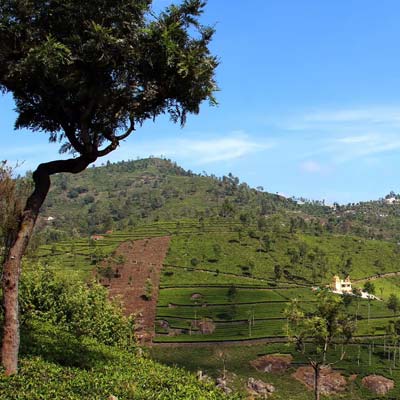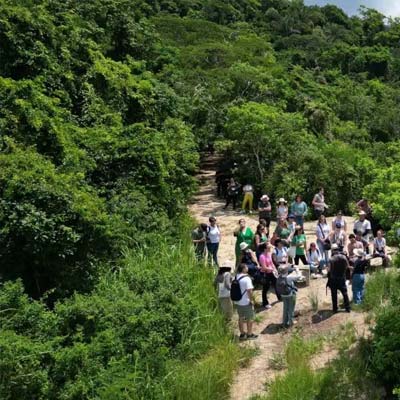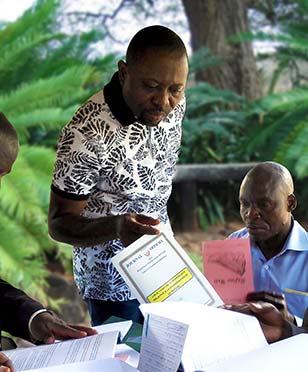Celebrating the Value of Forests to Cities

Celebrating the “Forest and Education” theme of this year’s UN International Day of Forests on 21 March 2019, two key events involving Cities4Forests took place in Brussels placing forests at the centre of conversations about European leadership to enhance climate action.
Cities4Forests was presented at the European Parliament during a panel discussion “Innovation for sustainable buildings: Energy efficiency as part of their whole life cycle”, organized by the European Bureau for Conservation and Development (EBCD). This panel gathered policy-makers, private sector and NGOs to discuss sustainable buildings, and showcase innovations along with the opportunities and barriers of EU policies.
The construction sector is a major player in the European Union’s transition to circular economy. It is essential to look beyond the use-phase of buildings to the full life-cycle (including extraction, manufacture, transport, construction and end-of-life). Using wood can help to reduce carbon emissions over the life cycle of buildings.
During the discussion, Stuart Reigeluth, co-founder of Cities4Forests, presented the value of having more trees and forests in and around our cities, providing resource benefits to cities and their residents, as well as multiple health benefits, sustaining water resources, helping to combat climate change, and supporting wildlife.

“The originality of Cities4Forests is the inclusion of the faraway dimension, which means communicating about the value of rainforests and tropical forests and enhancing awareness with urban-dwellers. It is becoming increasingly evident that our production actions, building materials, and consumer habits in Europe are connected to more distant deforestation,” says Reigeluth.
On the inner and nearby forest levels, Cities4Forests highlights the interdependencies between cities and forests to sustain natural ecosystems and enable a livable urban future by sustainably harvesting wood in order to develop carbon-sequestering wood buildings. This avoids the intensive use of steel, plastic, aluminum and concrete for building materials and construction.
To continue the conversation on the important role of forests, in partnership with BOZAR and Cities4Forests, REVOLVE led a debate on “The Role of Forests in Advancing EU Climate Action” that gathered forest activists, policy-makers, industry and engaged citizens.
The debate presented challenges, as well as success stories, putting technology, social justice and policy frameworks at the centre of the conversation. There was a clear demand to educate decision-makers on better forest policies on a global, regional and local scale, and on the need to support cities to achieve sustainable forest management and biodiversity conservation.
Among the speakers, Hannah Mowat, Campaigns Coordinator at FERN, highlighted the crucial role of forests play in tackling climate change and pointed at the recent strike Fridays4Future as a clear demand from new generations to protect forests, reduce carbon emissions and keep the global temperature lower than 2 degrees Celsius.
Hugo Schally, Head of Unit, Directorate-General for the Environment at the European Commission, shared insights on changing consumer behaviors to create a more sustainable use of forests, lands and appropriate use of wood-based resources that help end deforestation for consumer products while reconnecting residents with the nature around them.
The debate touched on important related topics such as the single use of plastics, agriculture, farming, agroforestry, energy needs, and other opportunities to develop the circular economy. The conclusion: supportig beneficial forest value chains brings economic growth and greater social inclusion.

